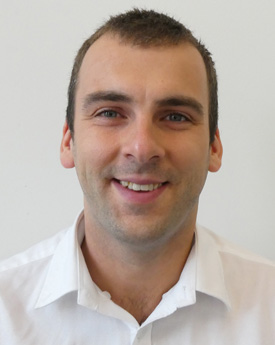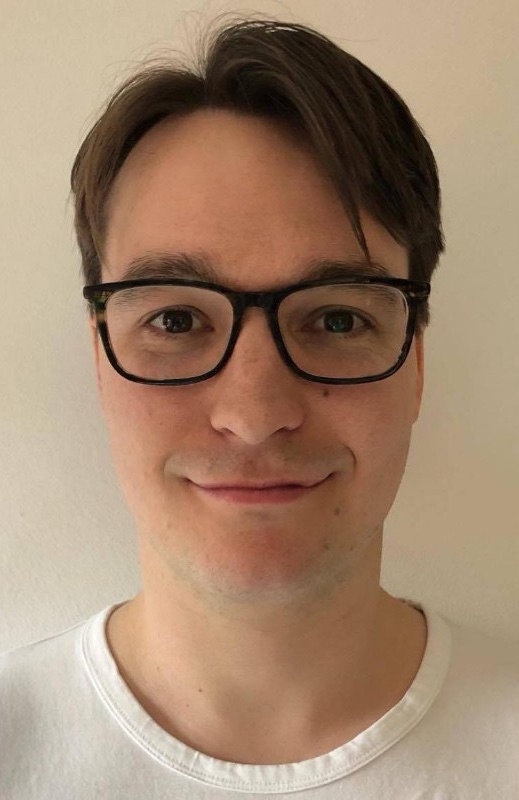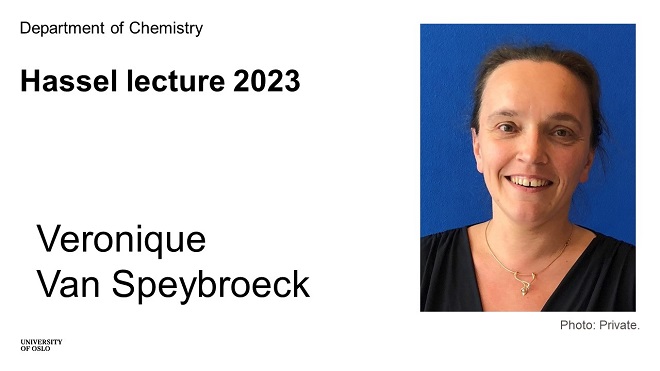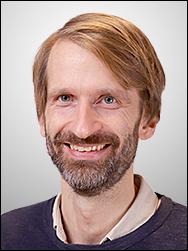Tidligere arrangementer - Side 48
Many have tried to adapt Clemens and Griffiths's approach to irrationality of cubic threefolds to higher dimensions, using different invariants in place of H^3(X,Z): the transcendental part of H^4, derived categories, quantum cohomology... I will report on my attempt to use higher algebraic K-theory, which turns out to be strictly weaker than what Voisin and Colliot-Thélène have already gotten from Bloch-Ogus theory, but (I think) in an interesting way. For a positive result, I can show that the higher K-theory of Kuznetsov's K3 category for a cubic or Gushel-Mukai 4-fold looks the same as that of an honest K3 surface.
Unlocking New Horizons in Transgenic Mouse Model Generation: Join us for our workshop and discover the latest techniques in transgenic mouse model generation.
This is a half-day online workshop on PDEs in physical systems. Abstracts and Zoom link can be found here!
This talk will focus on recent work about the sequential detection of anomalies within partially observed functional data, motivated by a problem encountered by an industrial collaborator. Classical sequential changepoint detection approaches look for changes in the parameters, or structure, of a data sequence and are not equipped to handle the complex non-stationarity and dependency structure of functional data. Conversely, existing functional data approaches require the full observation of the curve before anomaly detection can take place. We propose a new method, FAST, that performs sequential detection of anomalies in partially observed functional data. This talk will introduce the approach, and some associated theoretical results, and highlight its application on telecommunications data.
This is joint work with Idris Eckley and Lawrence Bardwell.
Welcome to seminar by Omer Faruk Kuzu (Researcher, Saatcioglu Group, BMB, IBV).
The Ports speaker series features Christiaan De Beukelaer, Senior Lecturer in Cultural Policy University of Melbourne
Martin Refseth is a PhD candidate at the Centre for Technology, Innovation and Culture (TIK). This seminar marks his midway evaluation.
The human brain has no lymphatic vessels, so how does the brain clear metabolic waste? In 2012, Iliff et al. proposed a theory about waste clearance of the brain, called the "glymphatic" theory. The theory suggest that the waste clearances is bio-mechanical, and that impaired clearance may be the cause of some neurodegenerative diseases and disorders. The inaccessibility of the human brain have been a hurdle in the research, as experiments on rat brains do not translate to the human brain. Researchers at Oslo university hospital Rikshospitalet have shown clearance using tracers visible in magnetic resonance images (MRI). However, the MRI only provide snapshots of different states in time, therefore computational modeling is needed to fill in the gaps. In this presentation, we will look at computational modeling with the MRI to infer material parameters in the brain.
Mats Ola Sand, Ph.D. student at Rosseland Centre for Solar Physics, University of Oslo.
Stalagmites grow on the floor of caves by precipitation of calcium ions found in the residual water film covering the top of the stalagmite, which is progressively drained away. Drops dripping from stalactites ensure the renewal of these ions.
Previous models of stalagmite growth assumed that drops fall on a straight vertical line from stalactites. Through high-speed imaging during field experiments in caves, we however observe that the impact point position of the drops is scattered. Using a Langevin-like equation to describe the fall of drops in response to gravity and aerodynamic forces, we then propose a prediction of the impact point dispersal. We show that measured stalagmite widths are correlated to the impact point dispersal of the drops.
In a second time, we focus on the mixing of calcium ions between the drop and the film during impact. The drop produces a crown when impacting the film, accompanied by a large amount of secondary droplet ejections. This is at the very heart of the film thickness variability post-impact. We record high-speed imaging of drop impacts on films of controlled thickness in a lab environment and assess the mixing between the drop and the film. We deduce how much liquid coming from the initial drop remains in the film.
Department seminar. Martin Dufwenberg is a Karl & Stevie Eller Professor at the Department of Economics, University of Arizona. He will present the paper: "Threats+" (written with Flora Li and Alec Smith).
By Ian Barnes from the Natural History Museum, London, UK
Kj?re medisinerstudenter, kolleger, ph.d., bachelor-, og masterstudenter ved Institutt for helse og samfunn, velkommen til fagseminar om klimaendringer i helseutdanning!
A flexible predictive density combination is introduced for large financial data sets which allows for model set incompleteness. Dimension reduction procedures that include learning allocate the large sets of predictive densities and combination weights to relatively small subsets. Given the representation of the probability model in extended nonlinear state-space form, efficient simulation-based Bayesian inference is proposed using parallel dynamic clustering as well as nonlinear filtering, implemented on graphics processing units. The approach is applied to combine predictive densities based on a large number of individual US stock returns of daily observations over a period that includes the Covid-19 crisis period. Evidence on dynamic cluster composition, weight patterns and model set incompleteness gives valuable signals for improved modelling. This enables higher predictive accuracy and better assessment of uncertainty and risk for investment fund management.
Department seminar. Fatih Guvenen is the Curtis L. Carlson professor of economics at the University of Minnesota. He will present the paper: "Skewed Business Cycles" (written with Sergio Salgado and Nicholas Bloom).
Welcome to the next seminar of the semester, where we will host a talk by Krubeal Danieli (PhD candidate, Fyhn Group, FYSCELL, IBV).
The Ports speaker series features Carola Hein, Professor of Architecture & Urban Planning History at Delft University of Technology (TU Delft)
Stefano Coretta (Edinburgh) will give a guest lecture about why the IPA vowel chart doesn't work
This year's Hassel lecture is headed by Professor Veronique Van Speybroeck. The second day Professor Speybroeck will present the lecture "From quantum mechanics to machine learning: Bridging length and time scales in modeling nanoporous materials at operating conditions."
This year's Hassel lecture is headed by Professor Veronique Van Speybroeck. The second day Professor Speybroeck will present the lecture "From quantum mechanics to machine learning: Bridging length and time scales in modeling nanoporous materials at operating conditions."
Florian Niedermann, Nordic Institute for Theoretical Physics, Stockholm University.
Department seminar. ?rem Gü?eri is an Associate Professor of Economics and Public Policy, Blavatnik School of Government, at the University of Oxford. She will present the paper: "Dynamics of Financing Frictions for R&D."
Felleskollokvium by Prof. Sverre Holm, Dept. of Physics, UiO
This year's Hassel lecture is headed by Professor Veronique Van Speybroeck. The first day Professor Speybroeck will present the lecture "Operando modeling of functional nanostructured materials for sustainable chemistry, nanosensing and clean energy."





/2023/larsmagnusvalnes.jpg?alt=listing)

/2023/2023-05-02_justine-parmentier.jpeg?alt=listing)









